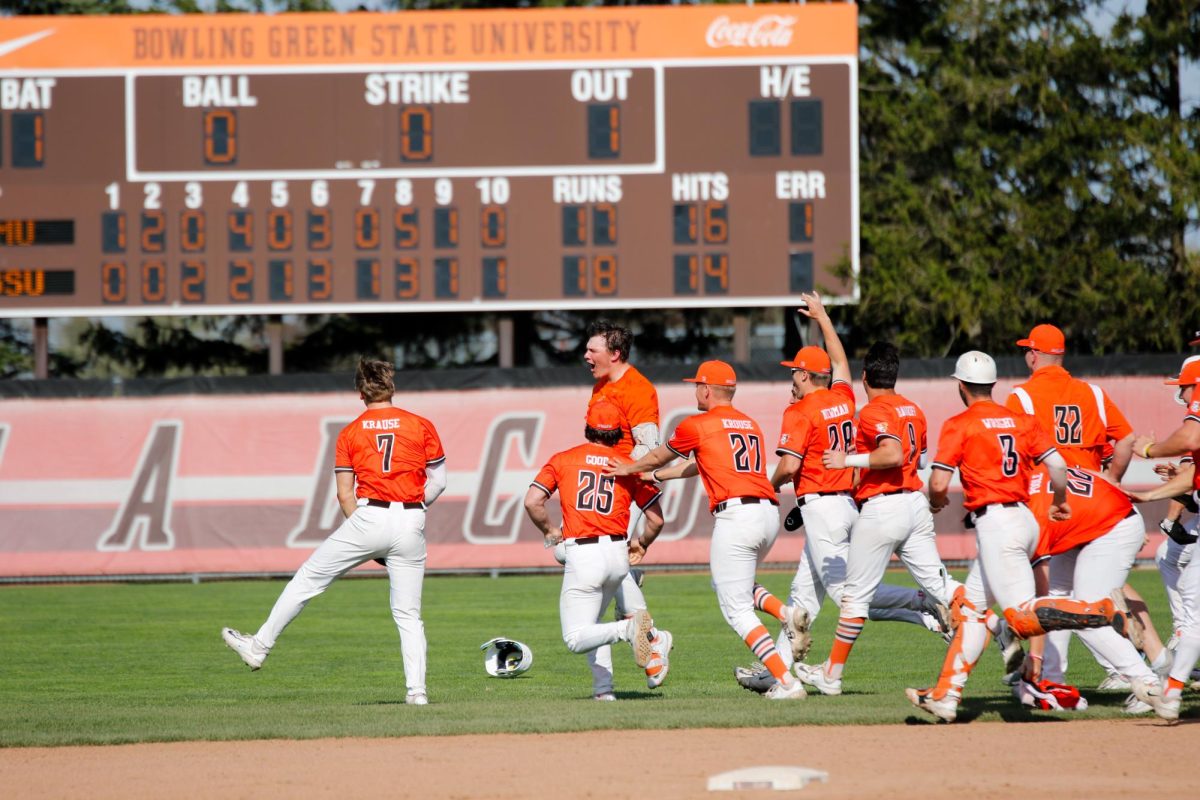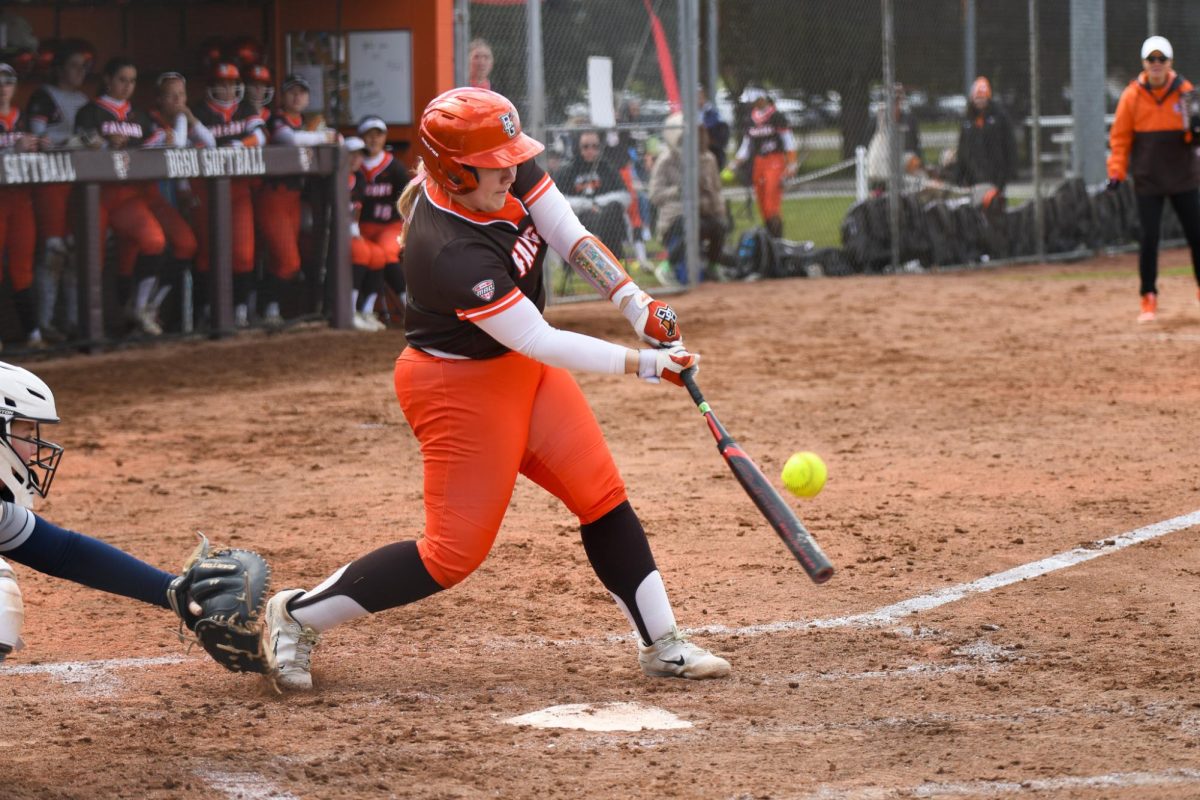KINSHASA, Congo – Among the biggest challenges Congo’s first elected government in nearly 50 years will face is bringing order to a chaotic mining sector whose riches provoked a regional war that killed millions of people.
Congo’s vast mineral resources are worth an estimated $300 billion over the next 25 years. In the past, though, the earthly riches have only contributed to misery and today most of Congo’s 58 million people are mired in poverty.
Endemic corruption is the major impediment to development, says Babacar Cisse, head of the U.N. Development Program in Congo. “Our major concern as a partner is how they can come up with policies that will fight corruption in this country – it’s the whole system that needs to be cleaned up,” he said.
The task could mean redrawing contracts with foreign investors worth billions of dollars.
“We are agreed that they will have to review all the contracts,” Cisse said, “but it’s not easy and there’s a lot of pressure coming from some [country] partners.”
Many question whether a new government expected to include players accused of participating in the plunder has the will to reform, and whether the international community that long has condemned mining practices in the Central African nation can help.
A parliamentary commission report denounces contracts signed under presidential decree by incumbent President Joseph Kabila, who has opened up a large lead over ex-rebel leader Jean-Pierre Bemba in ongoing vote counting from Oct. 30 runoff elections. Results in the first multiparty presidential ballot in 45 years are expected by Nov. 19.
“It is hard to imagine that anybody that has to report to a Kabila government will have the ability to order the cancellation of contracts that Kabila and his entourage have authorized and benefit from,” said Patricia Feeney, executive director of the independent London-based organization Rights and Accountability in Development, or RAID.
The World Bank fears that renegotiating contracts would undermine investor confidence, she said, while Belgium’s government warned recently of the need to avoid “a witch hunt” against mining companies.
Nothing has been done to act on a U.N. report that in 2002 recommended the U.N. Security Council place financial restrictions on 29 mining and airline companies working in Congo. The companies were based in Belgium, the British Virgin Islands, Congo, Uganda, Zimbabwe, Rwanda, Uganda, and South Africa.
The U.N. report also named 54 people – including international business executives, military and government officials – and recommended the seizure of their personal assets along with travel bans.
That report called for a review of all contracts and mining concessions made during back-to-back wars from 1997 to 2001. Aid groups say an estimated 4 million people died in the wars and their aftermath, most from violence-induced hunger or disease.
Congo’s riches include cobalt, copper, diamonds, gold, silver, tin and coltan, an essential ingredient of cell phones, as well as coffee, rubber and palm oil. Its resources were looted first by Belgian colonizers and then by dictator Mobutu Sese Seko, whose 32-year dictatorship ended in 1997 when Rwandan troops helped propel rebel leader Laurent Kabila, the current president’s father, to power.
Rwanda became a major exporter of coltan, which it does not produce. When Laurent Kabila tried to end the pillaging he had started, Rwanda sent in fighters and Congo became embroiled in a war that drew in half a dozen African armies. Among them was Zimbabwe’s, which Laurent Kabila allowed mining concessions in return for troops and war materiel.
A 2002 peace deal ended the war and brought rebel leaders into a transitional government. By then, Joseph Kabila had inherited leadership from his father, who was assassinated by his bodyguard in 2001.
Even after the peace deal, the U.N. report noted, the pillaging continued. Countries had set up conduits to continue stealing Congo’s minerals before they withdrew their troops, the report said. And the plunder continues today, according to the parliamentary investigation that was published in February after months of opposition.
The commission singled out sales of Congo’s crown jewels – copper and cobalt concessions of the state mining company Gecamines, whose production has collapsed from an annual 450,000 tons of copper with a turnover of $1 billion in the 1980s to less than 10,000 tons worth some tens of millions.
Contracts were negotiated from positions of great weakness, said the head of the other large state-owned mineral extraction company, diamond-mining MIBA, Tshitala Luabeya.
“Our struggle is to get investment in difficult times when nobody has confidence in the country, when no bank will give us credit, and when we are known throughout the world as a high-risk country,” Luabeya said.
Despite the peace deals, insecurity continues in Congo, particularly in the east where the military and the 17,500-troop U.N. peacekeeping force battle militants.
Deadly battles between security force loyalists of Kabila and Bemba, who is also a vice president in the national-unity government, have broken out twice in Kinshasa in recent months, including a gunfight between the sides Saturday that left four people dead.















